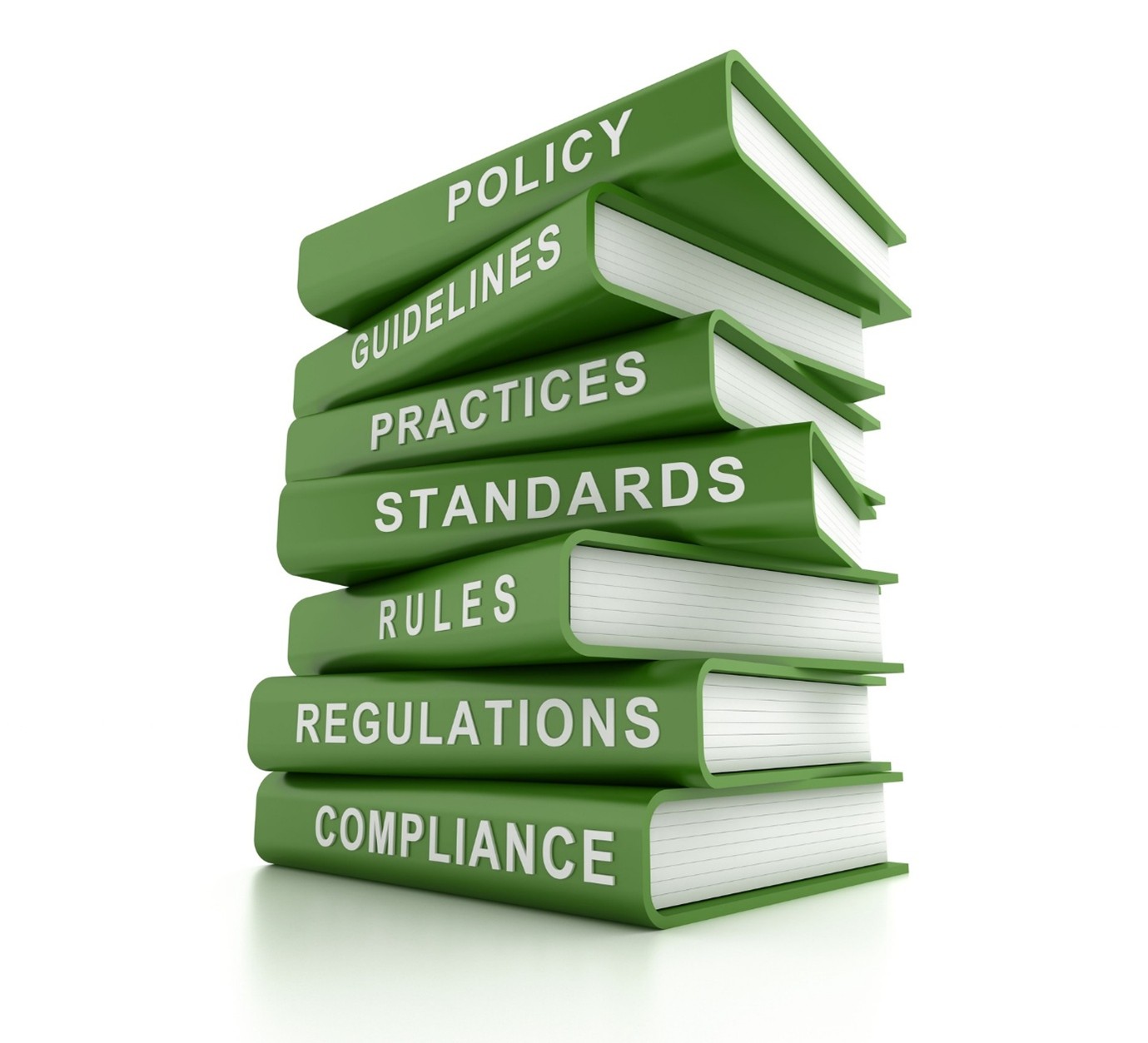We can offer consistent monthly supply of up to 1,200 kilograms of high-quality gold sourced exclusively from reputable and credible suppliers. Our commitment to reliability ensures seamless transactions, meeting the standards and expectations of discerning clients worldwide.
Contact us to receive detailed information on procedures, pricing, and terms of engagement including compliance requirements
Bale Capital is a trusted, ethical and compliant gold sourcing, refining, and exportation company, ensuring full adherence to international regulations, environmental standards, and human rights protocols.
Through rigorous KYC and AML procedures, we maintain the highest level of transparency and accountability.
Our partnerships with LBMA-accredited refineries, strict compliance with tax and customs regulations, and secure transportation networks guarantee a responsible and conflict-free gold supply chain.

The process of gold sourcing, purchasing, refining, and exportation involves a highly intricate and regulated sequence of activities designed to ensure transparency, ethical compliance, and adherence to international industry standards. These operations encompass the acquisition of gold from various sources, its purification through advanced refining techniques, secure transportation, and compliance with stringent regulatory frameworks that govern the gold trade globally.
Gold is procured from multiple sources, including artisanal and small-scale miners, industrial mining companies, and recycled gold suppliers. Ethical sourcing is paramount, ensuring that all gold acquired complies with international laws, environmental standards, and human rights protocols. The gold supply chain must adhere to established guidelines such as the OECD Due Diligence Guidance for Responsible Supply Chains of Minerals from Conflict-Affected and High-Risk Areas, as well as the United Nations Guiding Principles on Business and Human Rights.
The gold sourcing process must uphold stringent human rights protocols, ensuring that mining activities do not involve exploitative labor practices, including child labor and forced labor. Organizations involved in the supply chain must conduct due diligence to verify that miners and workers operate under fair wage conditions and safe working environments. Compliance with frameworks such as the International Labour Organization (ILO) conventions and the UN Guiding Principles on Business and Human Rights is essential.
Furthermore, responsible gold mining practices should prioritize community engagement, ensuring that local populations benefit from mining activities through fair trade agreements, infrastructure development, and environmental rehabilitation projects. Companies must also ensure that gold is not sourced from regions where its trade finances armed conflicts or contributes to human rights abuses, aligning with the Conflict-Free Gold Standard.
Ethical gold sourcing also requires strict adherence to environmental protection measures. The use of hazardous chemicals such as mercury and cyanide in artisanal and small-scale mining poses significant risks to ecosystems and human health. Mercury, in particular, is highly toxic and can lead to severe environmental degradation and water contamination. The Minamata Convention on Mercury, a global treaty, aims to eliminate mercury usage in gold mining and promote safer alternatives.
Large-scale mining operations should implement advanced recovery technologies, such as gravity separation and eco-friendly leaching processes, to minimize the environmental footprint. Companies engaged in gold procurement must also ensure compliance with local and international environmental regulations, including proper waste management, land restoration, and sustainable water usage practices.
To mitigate risks associated with illicit gold trade, purchasing entities must conduct comprehensive Know Your Customer (KYC) and Anti-Money Laundering (AML) due diligence procedures. These processes help verify the legitimacy of suppliers, prevent money laundering, and ensure compliance with the Financial Action Task Force (FATF) recommendations and national regulatory requirements.



Through its extensive African reach, Bale Capital sources ethically mined and responsibly produced gold. Partnering with LBMA-accredited refineries, the company ensures that all gold is refined, assayed, and transported in strict compliance with domestic and international regulations.
Bale Capital follows a meticulous process to ensure that all local taxes, duties, and customs documentation are correctly obtained before exportation.
Ensuring that all applicable royalties, value-added taxes (VAT), and export duties are paid in accordance with the fiscal regulations of the sourcing country.
Obtaining the necessary export permits, certificates of origin, and shipping documentation to comply with national and international trade laws.
Submitting required declarations to tax authorities and regulatory bodies, ensuring full transparency in transactions.
For international exports, Bale Capital adheres to a robust documentation and compliance process, including:
Ensuring that gold meets the ethical sourcing criteria set by the London Bullion Market Association.
Obtaining approvals from the relevant government agencies to verify the legitimacy of the exported gold.
Providing buyers with pro forma invoices, packing lists, airway bills, and Bills of Lading to facilitate smooth customs clearance at the destination.
Collaborating with international brokers to ensure compliance with import regulations, duties, and tariffs in the receiving country.

Ensuring that all payments and transactions adhere to global financial regulations, including the Financial Action Task Force (FATF) and banking compliance standards. Stringent KYC and AML Procedures KYC (Know Your Customer) and AML (Anti-Money Laundering) procedures are critical safeguards within Bale Capital’s gold supply chain. These procedures are designed to prevent illicit financial activities such as money laundering, terrorism financing, and fraudulent transactions.
Bale Capital conducts thorough identity verification of all suppliers, buyers, and stakeholders involved in gold transactions. This includes obtaining official identification documents, business registration certificates, and proof of address.
The company performs background checks on business partners to determine the legitimacy of their operations and ensure they are not associated with illicit activities or sanctioned entities.
Ensuring that all financial transactions originate from legitimate sources, reducing the risk of money laundering and fraud.
Continuous assessment of transactions and counterparties to detect any suspicious activities that may indicate regulatory breaches or financial crimes.
Every financial transaction undergoes rigorous screening against international sanctions lists, including those maintained by the United Nations, the European Union, and the U.S. Office of Foreign Assets Control (OFAC).
If any unusual or suspicious financial behaviour is detected, Bale Capital promptly reports it to the relevant financial intelligence authorities in compliance with national and international AML regulations.
Employees handling gold sourcing and financial transactions undergo regular AML compliance training to stay updated on evolving regulatory requirements and best practices.
Bale Capital works closely with financial regulators, law enforcement agencies, and global compliance organizations to enhance the integrity of its gold supply chain.
These stringent KYC and AML procedures are essential in maintaining transparency, regulatory compliance, and ethical integrity in all gold trading and sourcing operations. By embedding these measures into its business model, Bale Capital ensures that it remains a trusted and responsible player in the global gold industry.
We use cookies to give you the best online experience. By agreeing you accept the use of cookies in accordance with our cookie policy.